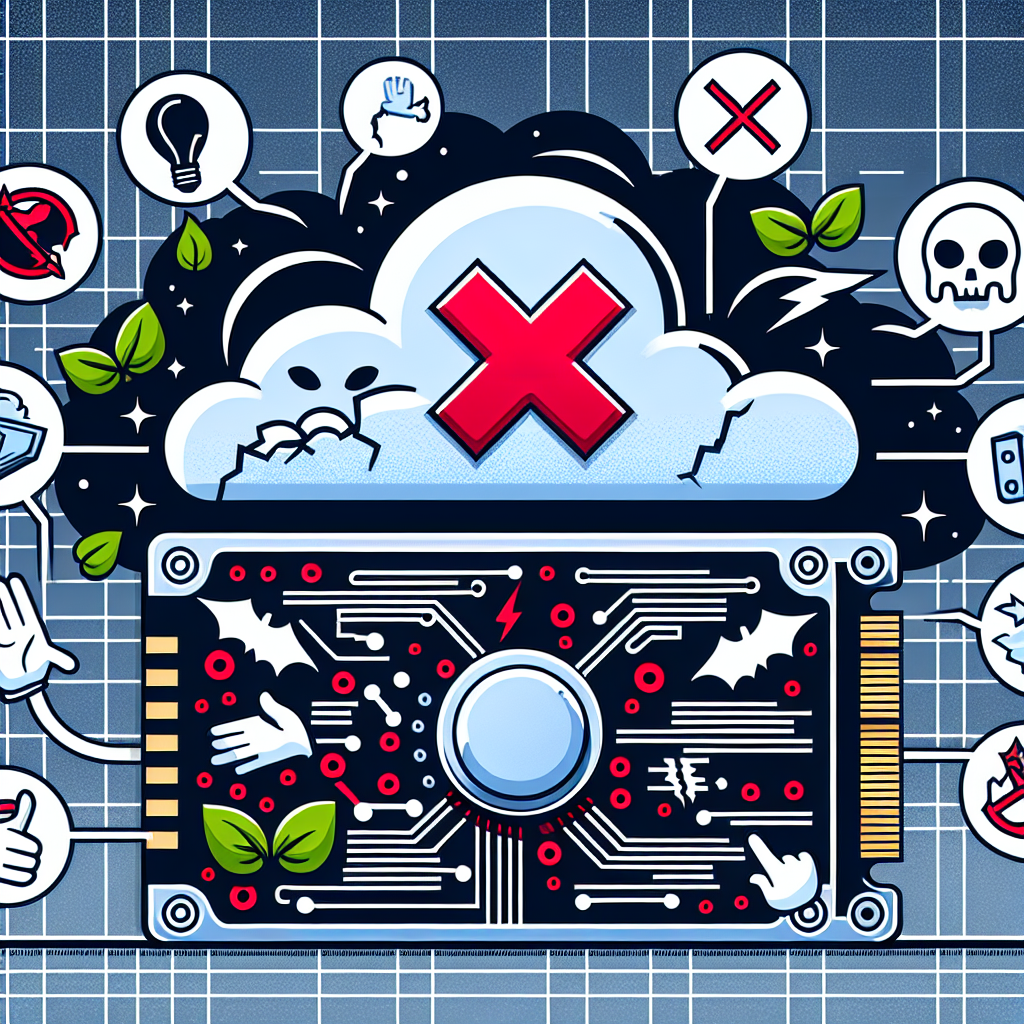SSD Myths Debunked: Separating Fact from Fiction
Solid State Drives (SSDs) have become increasingly popular in recent years due to their faster performance and reliability compared to traditional hard disk drives (HDDs). However, there are still many myths and misconceptions surrounding SSDs that can lead to confusion for consumers. In this article, we will debunk some of the most common myths about SSDs and separate fact from fiction.
Myth #1: SSDs are not reliable
One of the biggest misconceptions about SSDs is that they are not as reliable as HDDs. This myth likely stems from the early days of SSD technology when SSDs were more prone to failure. However, modern SSDs have greatly improved in terms of reliability and durability. In fact, SSDs are generally more reliable than HDDs because they do not have any moving parts that can fail over time.
Myth #2: SSDs have a limited lifespan
Another common myth about SSDs is that they have a limited lifespan and will wear out quickly. While it is true that SSDs have a finite number of write cycles, modern SSDs are designed to last for several years under normal usage conditions. In fact, most SSDs come with a warranty that guarantees a certain number of write cycles, usually in the range of hundreds of terabytes written (TBW).
Myth #3: SSDs are not worth the cost
Some people believe that SSDs are not worth the cost because they are more expensive than HDDs. While it is true that SSDs are typically more expensive on a per-gigabyte basis, the performance benefits of SSDs often justify the higher cost. SSDs are much faster than HDDs, which can lead to significant improvements in system performance and responsiveness. Additionally, the prices of SSDs have been steadily decreasing in recent years, making them more affordable for consumers.
Myth #4: SSDs do not need to be defragmented
One common myth about SSDs is that they do not need to be defragmented like HDDs. While it is true that defragmentation is not necessary for SSDs in the same way it is for HDDs, SSDs can still benefit from optimization techniques such as TRIM, which helps to maintain performance and prolong the lifespan of the drive. TRIM helps to clear unused data blocks on the SSD, allowing it to perform more efficiently.
Myth #5: SSDs are only for gaming or high-performance applications
While it is true that SSDs are often used in gaming PCs and high-performance applications, they are also suitable for everyday computing tasks. SSDs can greatly improve the overall speed and responsiveness of a computer, making tasks such as booting up the system, opening applications, and transferring files much faster. Whether you are a casual user or a power user, an SSD can benefit any type of computer user.
In conclusion, SSDs are not only reliable and durable but also offer significant performance benefits over traditional HDDs. While there are still some myths and misconceptions surrounding SSD technology, it is important to separate fact from fiction in order to make informed decisions when choosing storage solutions for your computer. If you are considering upgrading to an SSD, rest assured that the benefits of SSDs far outweigh any perceived drawbacks.


